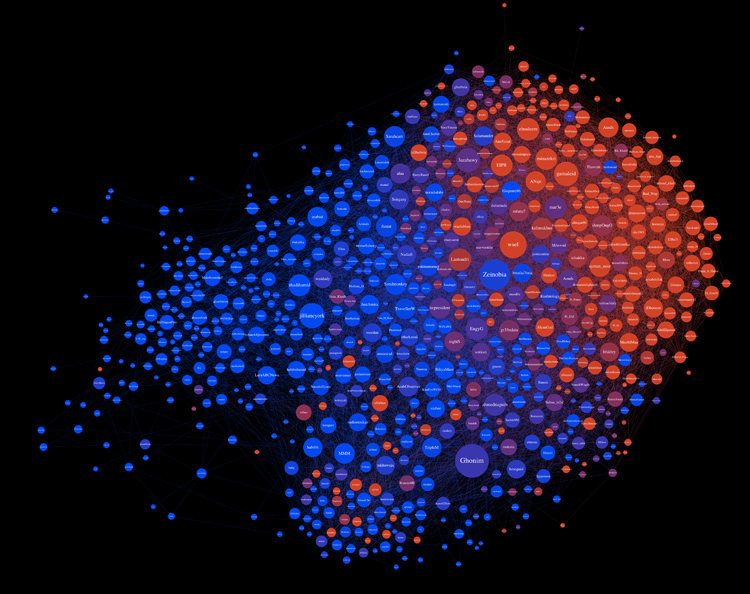After I changed my computer from desktop to laptop,
the 'mouse' or 'pointer' is gone from my room.
Haha.
The era of 'mouse' has now been history for me.
'Mouse' are very useful.
They move around very smoothly, and just double-click to open a document.
However, some people, like my mother, prefer using 'mouse' even though they have a laptop computer.
So, who is the father of all the 'mouse' that is being created even today?
This person
Doug Engelbart
Doug Engelbart
It is important. So I will wrote it twice.
Maybe I'll write it again.
Doug Engelbart.
Born in 1925, Oregon.
Went to Oregon State University to study electrical engineering.
His studies were interpreted in the WWII.
Joined the Navy in Philippines as a radar technician.
Went back to school after the war.
1968, Doug Engelbart and his group of 17 researchers present the first debut of computer mouse.
plus, the idea of hypertext, object addressing, and dynamic file linking were also presented.
Here are some websites that introduce Doug Engelbart and his works.
Has video clips of the Demo that the researchers presented in 1968.
Introduce "Internet Pioneers" such as, Doug Engelbart, Vannevar Bush, Ted Nelson, and more.
Has a lot of information about Doug Engelbart, including documents, video clips, and more.
Yes.
And I have a feeling that my computer seriously hates this website
because it is now past 7o'clock,
and I began writing this after I came back from school today, which is like.. 4.
It once froze. So I waited until it will work again.
And I waited..
And waited..
Suddenly, the page minimize..
I waited..
I maximize... but nothing happens.
So I decided to wait again.
I open Word, and decided to work on other assignments..
MicrosoftWord is working fine.
Blogger is not working fine.
I have waited....
so long...
Blogger started working around 6:30
and I finally finished it around 7.
Is this how everyone's Blogger is working?
Or is it just my computer that's like... not good..
(`=ω=´)ゞ







